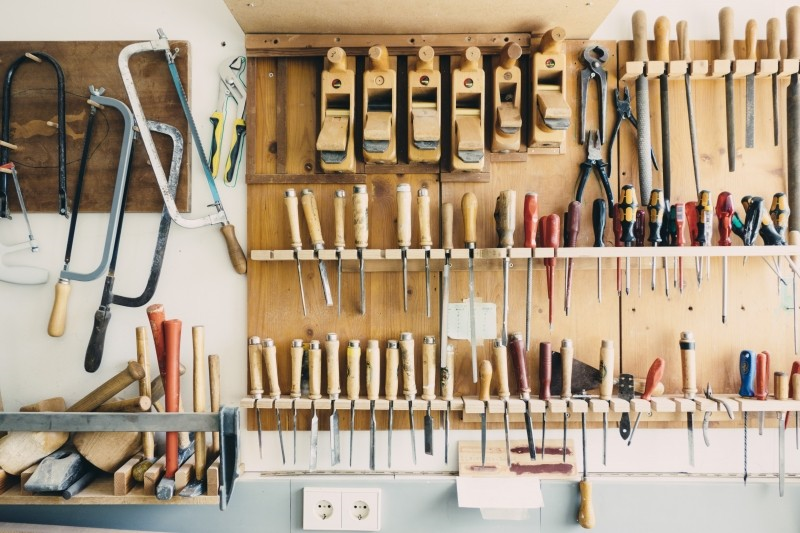
Value of Design and Technology affirmed ahead of EBacc debate
New research findings have cemented the necessity of supporting design in schools, following a 19,000 drop in GCSE design and technology entries since 2015.
Design and Technology in the school curriculum “boosts the skills” business leaders are calling for, according to a report by Goldsmith’s University on the Design Museum’s Design Ventura project.
Design Ventura is the Design Museum's national, design and enterprise competition which challenges young people in years 9, 10 and 11 at school to design a new product for the Design Museum Shop. Now in its sixth year, the competition – supported by Deutsche Bank – aims to develop students’ design skills in a real world context, to boost creativity, problem-solving, team-work and enterprise capabilities. It continues to be offered to students despite the curriculum and examination system moving away from a focus on creative subjects.
The report says Design Ventura provides “an ever rarer opportunity” for students and teachers to engage with authentic practice. Catherine Ritman-Smith, Head of Learning at the Design Museum, said: “Our research shows that creative subjects are vital to the core curriculum and must not be an add-on for a select few.
“They prepare students for careers in a sector which is one of the driving forces of our economy, develop skills which all employers want and benefit all subjects.”
The report follows analysis by ArtsProfessional showing that there were 46,000 fewer entries for GCSEs in arts subjects this year, and 19,000 fewer entries into Design and Technology GCSE alone.
New Designers
Similar findings about the value of design education emerged from a survey of recent design graduates, which revealed that 85% had studied an arts or DT subject at GCSE level and almost half said they thought they would not have pursued a career in the creative industries if they had studied something else.
Isobel Dennis, Director of New Designers, said: “The UK has for decades been a global leader in its art and design education and it is this incredible system that contributes to our Creative Industries which currently represent an impressive £84.1bn to our economy.
“We are a creative nation, so for the Government to actively communicate that creative subjects are not a credible part of the EBacc [English Baccalaureate] system would appear very ill-thought through and potentially damaging for our future economy.”
EBacc debate
The two pieces of research come ahead of a parliamentary meeting, scheduled to take place at 10am on Thursday 30 June, and a parliamentary debate about the inclusion of creative subjects in the new EBacc scheduled for Monday 4 July from 16:30-19:30.
The Incorporated Society of Musicians (ISM)’s ‘Bacc for the Future’ campaign is arranging a gathering outside Parliament on Old Palace Yard at 14:00 – 15:30 prior to the debate. They expect 120 activists to attend, and there will be a speaker and performances from South Asian Dance School, the Brit School and Westcombe Brass Ensemble.
More information about the Bacc for the Future campaign’s gathering here.
Join the Discussion
You must be logged in to post a comment.